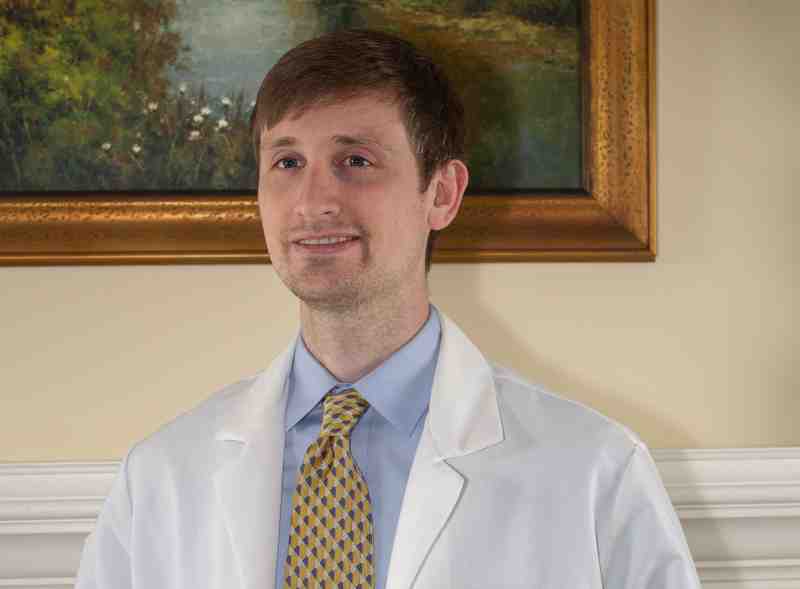Physician JT Klingen Serves on Coronavirus Front Lines

Mississippi College graduate Joseph Taylor “JT” Klingen serves as a dedicated physician on the front lines of the COVID-19 crisis.
Recently selected for an infectious disease fellowship, Dr. Klingen goes to work July 1 at the University of Texas Health Science Center. The 2013 MC chemistry graduate returns to his hometown to work in infectious diseases at its world-class MD Anderson Cancer Center.
As the deadly virus spreads across the USA with more than 1.3 million cases, Dr. Klingen completed internal medicine residency at the University of South Alabama hospital. Part of the work at the Mobile facility involved working directly with COVID-19 patients this Spring. He’s handled critical care situations with patients on ventilators.
His sister, Mary Helen Klingen, a 2015 Mississippi College School of Business graduate, says her brother’s experience in the medical field sends an important message to the university’s family.
It would show students, alumni and friends “a success story where Mississippi College graduates are leading in the front lines of infectious diseases at such a time as this,” says Mary Helen Klingen, a Texas financial planner.
A friend at MC’s nursing school convinced JT Klingen to check out the Baptist-affiliated university. The Texan liked the small classes and faith-based education on the Clinton campus. “It was really a great fit overall.”
With his MC education, he was well-prepared for the Texas Tech University Medical School and graduated in May 2017. He’s logged many hours with critically ill patients in intensive care units this year.
“These patients are often on ventilators to help them breathe or special IV medications to keep their vital signs controlled. With the outbreak of COVID-19, internists have been pulled from everywhere to help manage the critically ill patients admitted to the hospital and ICU.”
And due to extensive training experience with respiratory failure, internists like him and critical care specialists were thrust into the front lines of the COVID-19 pandemic in Alabama.
“The scariest part about treating an illness like novel coronavirus is the lack of a cure,” Dr. Klingen said. “For most bacterial pneumonias, antibiotics and oxygen are the standard of care. However, for viral pneumonias (which are a complication of COVID-19) have no direct treatment.”
The past six weeks, residency shifted all educational learning to online Zoom meetings. Clinical rotations were retooled with all non-essential services cancelled. Residents were pulled to cover the ICU and main floor teams.
Dr. Klingen, 29, is elated to return home to Houston to pursue the infectious disease fellowship. He got interested in the field in medical school and during his Alabama residency. “It is the specialty that often deals with the most complex and sickest patients in the hospital from all disciplines of medicine.”
It runs the gamut from foot infections to HIV cases, from a brain abscess to cancer-related infections.
But COVID-19 remains the focus of medical researchers worldwide, even if a vaccine is discovered within a year. The coronavirus could become seasonal, like the flu. Experts talk about a second wave of COVID-19.
The pandemic, Dr. Klingen said, “has interrupted and altered our lives for the past two months in ways we will never forget.”
The most difficult part of his medical career, the Mississippi College graduate says, is “discussing end of life planning with families when it becomes clear their loved one’s death is imminent.”
Dr. Klingen deeply values his MC education. Chemistry professors like Trent Selby and Clinton Bailey played key roles driving his journey to become a physician.
Mississippi College professors offer courses exceeding the difficulty of what’s taught in medical school. “The professors know what it takes to be successful by their in-depth knowledge.”
Sign-up For Our Newsletter
Get the latest news about Mississippi College delivered right to your inbox by subscribing to the Along College Street e-newsletter.


